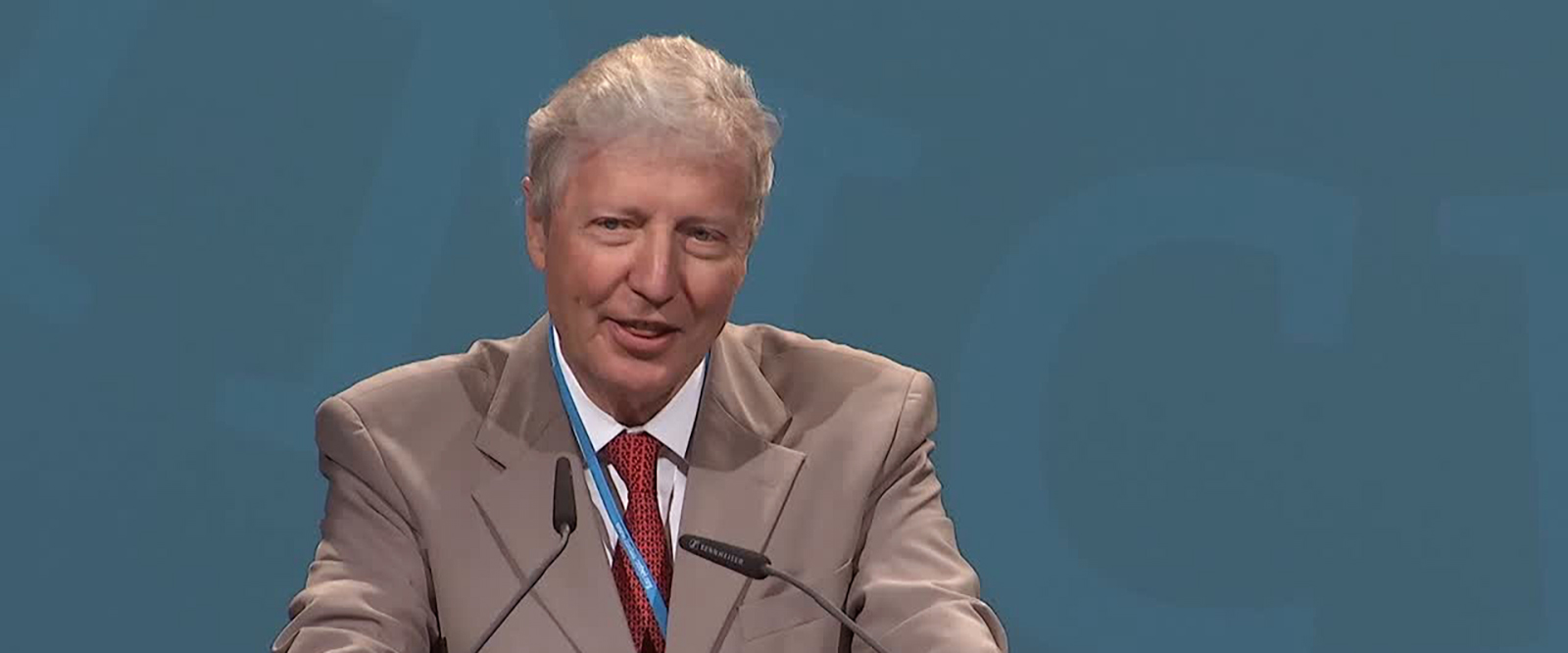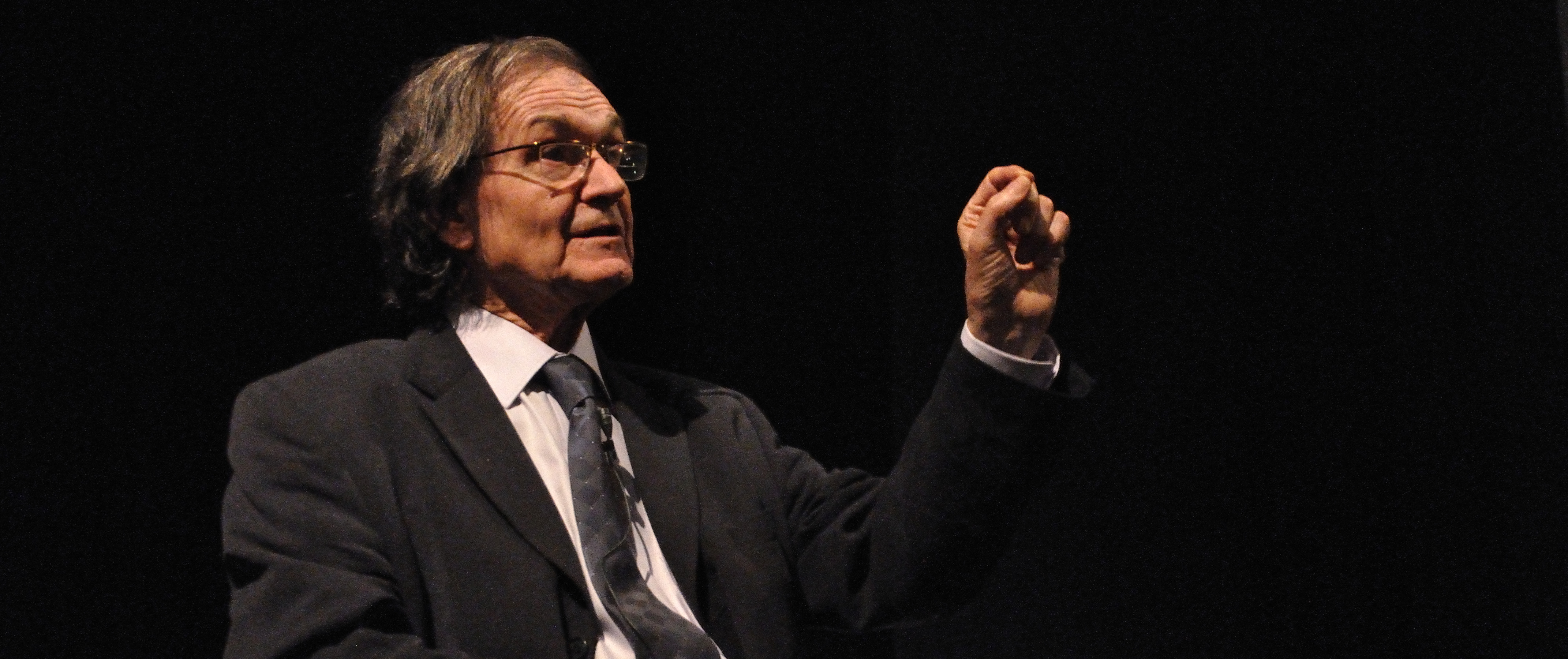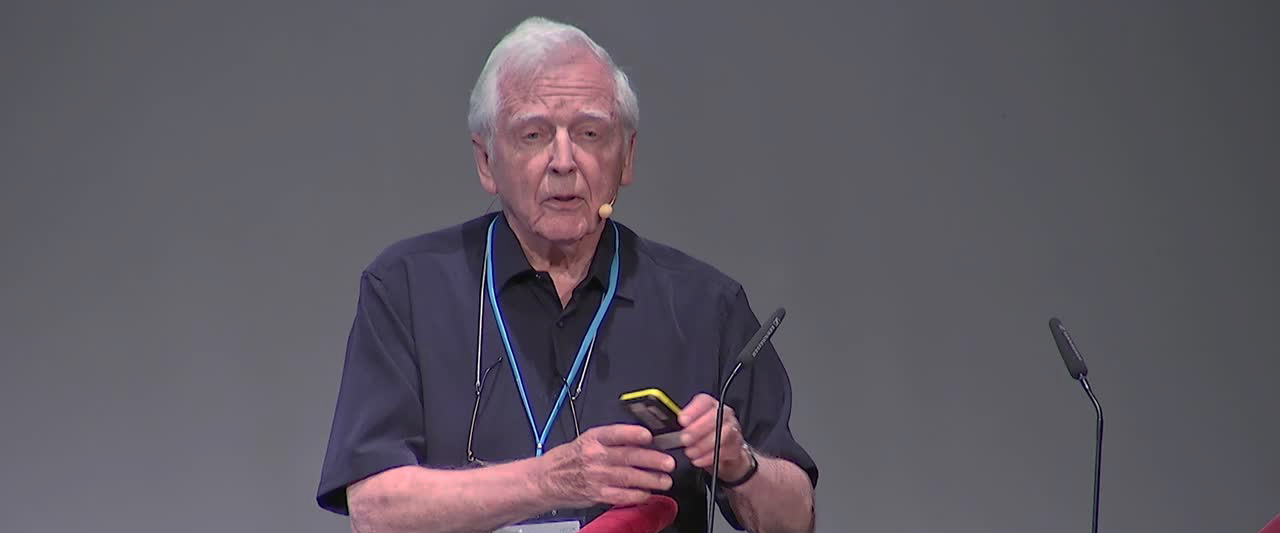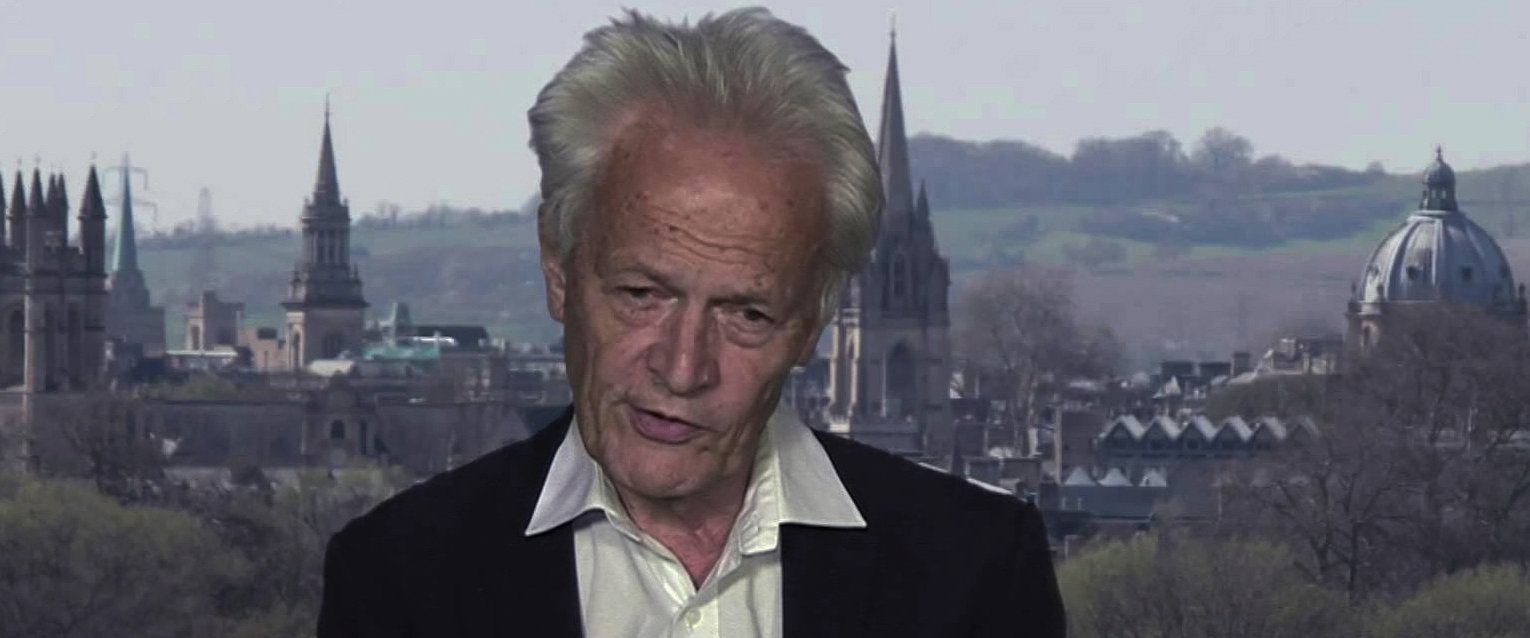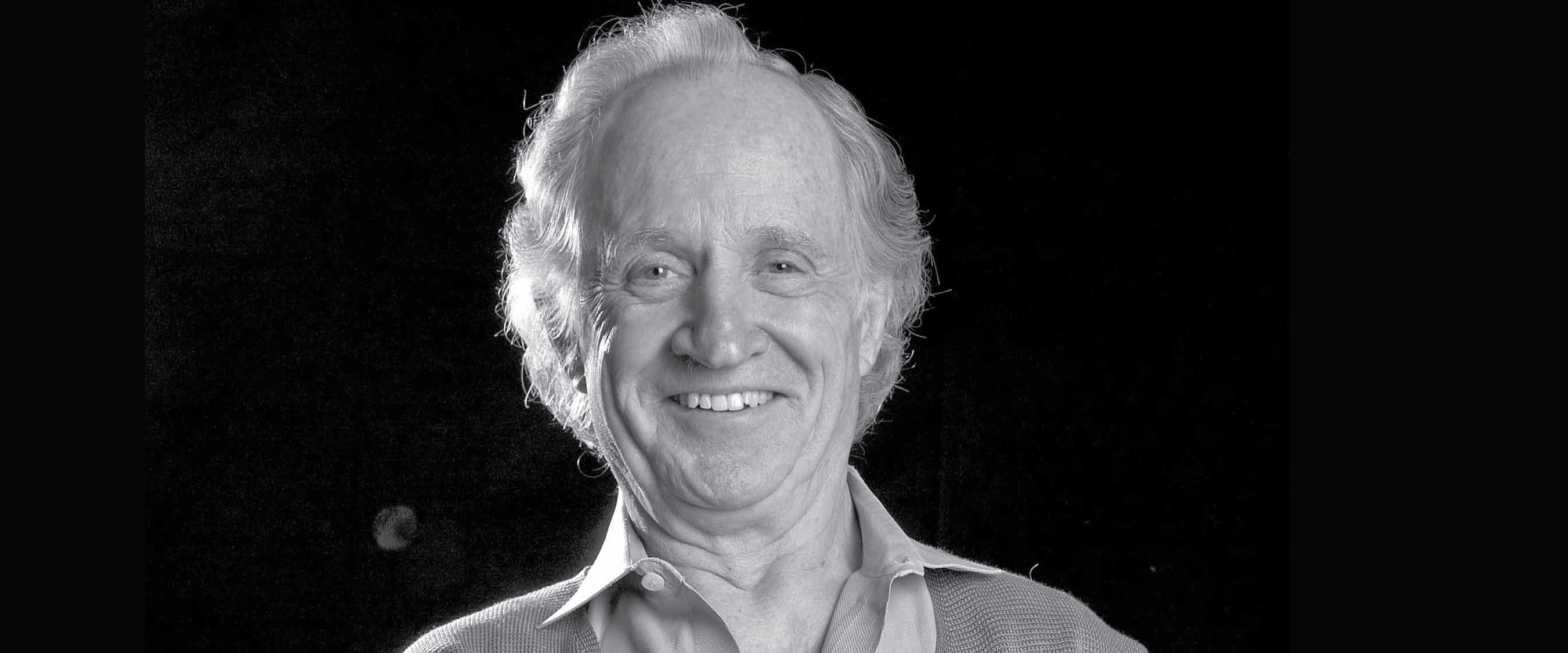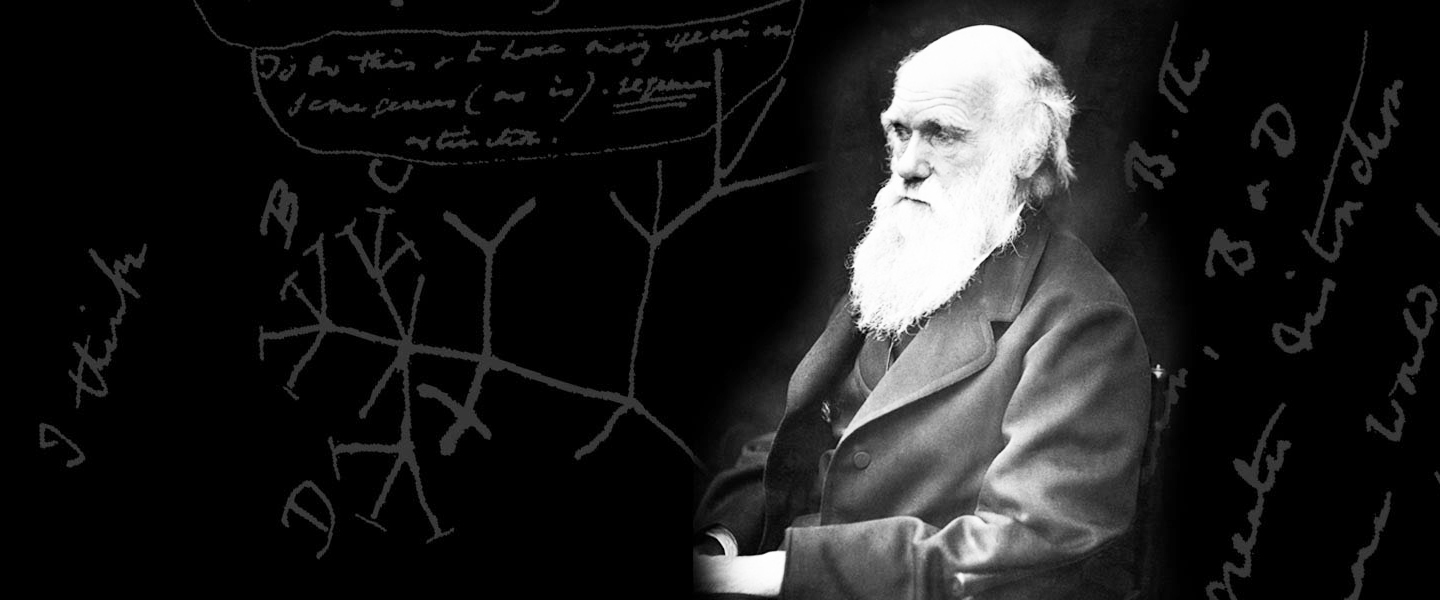S Khorshid, Egyptian writer and journalist.
The second of four seminars on The Arab Spring has been given by Sara Khorshid, an Egyptian writer, journalist and activitst on 20th November 2013, 9.00 pm.
Sara Khorshid used the Egyptian revolution as a study case for the analysis of the Arab quest for freedom and started by discussing the state of the country in the run up to the 2011 uprising: a background of extreme poverty, several major train and naval accidents that caused thousands of deaths and had ben caused by negligence, lack of state presence and overt corruption, increasing social instability and lack of basic human rights and dignity. Against this background a common and shared simmering anger led to the 18 days of rage between the 25th January and the 11th February 2011 in the name of “Bread, Freedom, Social Justice and Human Dignity” and culminated in the fall of Mubarak from power on 11 February 2011. A revolution, in Sara Khorshid's words, 'not connected to any ideological and political factor' but spurred by basic material needs and the legitimate aspiration of the Egyptian people to basic human rights.
Next, Sara Khorshid analysed the events that followed March 19 2011, the date in which a popular referendum was held about 10 articles of the pre-revolution Constitution. She explained that, increasingly, ideological, religious and political factors came on stage in order to 'claim the revolution' by and dictate the future course of events along idoelogical or religious lines. This new stage of events led to a new divide among the Egyptian people, which further escalated during the presidential election contested by Shafik, the symbol of Mubarak’s regime, and Morsi, the candidate of the Muslim Brotherhood. The election was won by Morsi but what seemed at first to be a victory for the revolution turned into widespread and deep disappointment. Step by step, Morsi turned his back to the basic issues that had led to the January 2011 uprising: the social and economic situation continued to deteriorate, expectations of greater freedom, social justice and human dignity were never met and major popular discontent culminated in the new uprising of June 30 2013 and the subsequent removal of Morsi from power by the Army.
Sara Khorshid drew from the analysis of these events in order to discuss the broad question of the Egyptian quest for democracy. Morsi and the Muslim Brotherhood did not deploy "Sharia" rule to any greater extent than in Mubarak's era but they used any available procedural mechanism in order to hold on to power as long as possible, just like Mubarak's then-ruling National Democratic Party, which was neither Islamist or secularist, while being deeply ineffective in tackling the basic needs and aspirations of the Egyptian people and country. However, "hope springs eternal'", and Sara Khorshid terminated her lecture in a positive note highlighting the fact that the factors that drove the early uprising will most certainly regain centre stage in the current struggle of the Egyptian quest for freedom and eventually pave the way to a government willing and capable of building a juster and better Egypt.. “It is only a matter of time” were her concluding words.
Sara Khorshid is an Egyptian writer and journalist who has covered Egypt and the region, as well as relations between the Muslim and Western worlds, for the past 11 years. Her articles are published in The New York Times, The Guardian, Jadaliyya.com, Alarabiya.net, Aljazeera.net, the Egyptian daily Al Shorouk and numerous other media outlets. Simone Veneroni.
